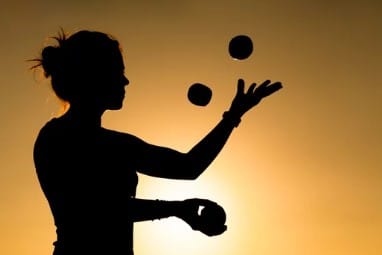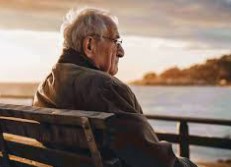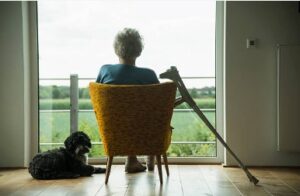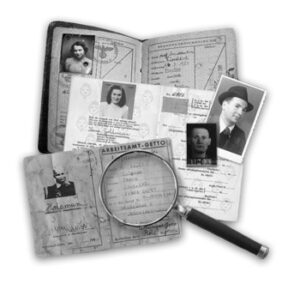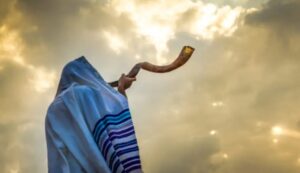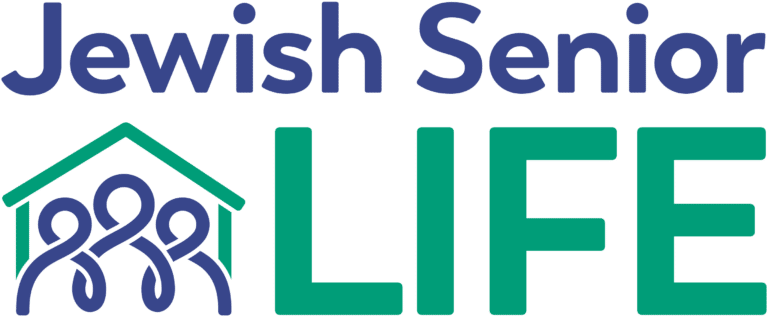As we observe Yom HaShoah this year, the haunting echoes of the Holocaust feel closer than ever—not because of our proximity to the past, but because of the growing shadows of denial and indifference in the present. For decades, we’ve said “Never Forget.” Yet we continue to witness the unsettling rise in Holocaust denial, distortion, and antisemitism, often amplified through social media, fringe ideologies, and a generation increasingly removed from survivors. As time distances us from living witnesses, the risk grows that their truth will be buried under the rubble of misinformation.
So how can we educate and inform in a time when facts are too easily manipulated and history is too often politicized? We start by listening to survivors’ stories while we still can. Their voices—fragile, yet fierce—carry the authority of lived experience. Projects like the USC Shoah Foundation and Yad Vashem’s archives make these testimonies widely accessible. We must ensure they are integrated into school and community programs, and public discourse.
Dr. Charles (Charley) Silow, JSL Director of the Program for Holocaust Survivors and Families, is the force behind the Michigan Portraits of Honor initiative at the Zekelman Holocaust Center in Farmington Hills. This exhibit offers a rich repository of survivor narratives, some of whom are still with us today. You can visit Portraits of Honor and search by survivor name, country of origin, or specific experiences such as camps, ghettos, or hiding. The exhibit features photographs, biographies, and historical references of over 780 Michigan Holocaust survivors. One day, these survivors will no longer be with us. Their children and grandchildren will be telling their stories. We can help.
We must confront denial head-on—not by arguing with trolls online, but by creating public platforms for truth. Museums, documentaries, literature, and digital storytelling can reach hearts and minds where academic texts sometimes cannot. Remembering the Holocaust is about building peace through empathy and education. Genocide doesn’t begin with gas chambers. It begins with words—with silence in the face of hatred. When we teach the history of the Holocaust, we also teach the cost of indifference.
Let Yom HaShoah 2025 be a call to remember the past and defend the truth—to honor the victims with action and to teach the next generation not only what happened, but why it must never happen again, to anyone, anywhere. Never Again Means Now.
Every year on Yom HaShoah, people in Israel stand still for two minutes as sirens wail across the country and life pauses. Cars stop in the middle of the highway. People stand still in grocery stores, homes, and schools, in silence, to honor the six million lives lost in the Holocaust. Between 1939 and 1945, over six million Jews were murdered by the Nazi regime—not for what they did, but for who they were. Babies torn from their mothers. Whole communities erased. Mass graves and crematoria that turned people into ash without a name. Survivors carry the weight of this trauma not just in their memories, but in their bones.
We honor and remember them to ensure that such hate never flourishes again. We think of Elie Wiesel’s haunting words: “For the dead and the living, we must bear witness.”
We remember October 7, 2023, when Hamas massacred over 1,200 Israelis in a single day—many of them civilians. Families were burned alive. Children were kidnapped and murdered. It was the largest mass killing of Jews since the Holocaust. We continue to fight for the return of the remaining hostages and fear the worst for them.
This is not history. It’s our present. Antisemitism didn’t die in 1945. It lives and breathes in the rockets, in the murder of innocents, in the global silence that often follows. Silence is complicity. Every time we ignore antisemitic graffiti, every time we don’t call out a joke, a slur, a falsehood—we tell the world that our pain is acceptable. We can’t fight hate with silence. We must educate with facts, with stories, with the truth. Because Yom HaShoah isn’t just about remembering the past. It’s about changing the future.
This year on Yom HaShoah, we don’t just mourn—we vow. We vow to continue to fight against the darkness in all its forms. We vow to remember the names, the lives, the faces. And we vow to never let history repeat itself, no matter the cost.
Never Again is now. Never Again is every day.
Shabbat Shalom.

